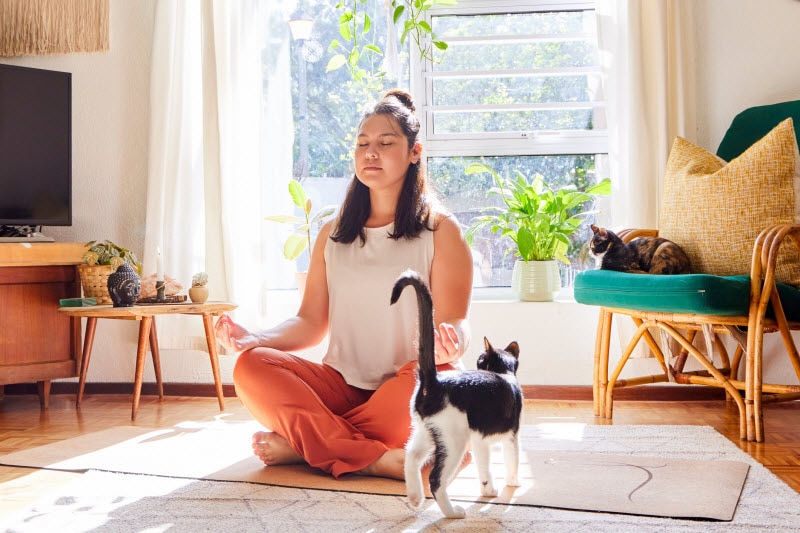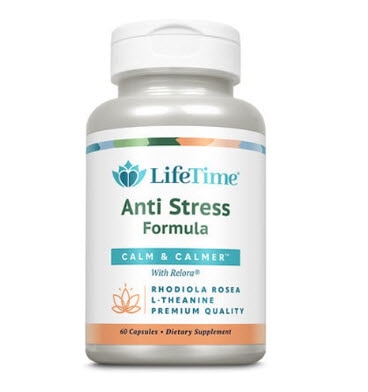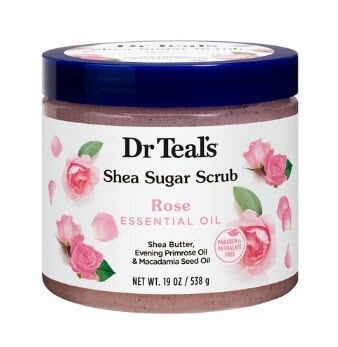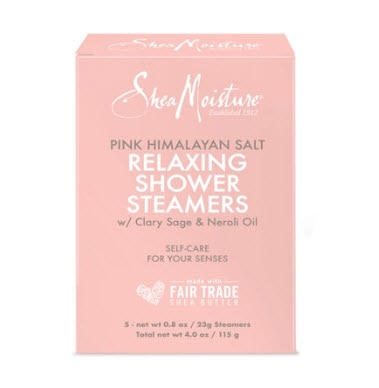Self–Care Awareness Month, observed each September, offers a chance to learn more about how we can positively maintain our personal well-being. Psychologists, motivational speakers, and health experts often encourage us to step away from the chaos of everyday stress to focus on our deeper wellbeing, which naturally factors into overall healthy longevity.
So, what constitutes positive self-care? In a July 2022 article in Psychology Today, it is equated with self-love. In this view, we are intentionally devoting attention and efforts to enhancing and protecting our well-being. Author Cortnie S. Baity Ph.D., LMFT notes that, “When you love and care for yourself, you make strategic decisions that will enhance and protect your life quality and reduce undue burden.”
According to a 2021 study in the International Journal of Nursing Sciences, “self-care is the ability to care for oneself through awareness, self-control, and self-reliance in order to achieve, maintain, or promote optimal health and well-being.” Given the crucial importance of self-care, it is ironic that it can so easily become neglected in our everyday lives, especially during busy or stressful times, when, in fact, we need it most.
Taking time to nurture ourselves properly may even feel like a luxury as we strive to meet the needs of others, day and night. And yet, this pattern is not sustainable. We simply cannot continue to give high quality attention to those we love when we become depleted─mentally, physically, emotionally or all of the above.
This issue became paramount for Pati Hope, whose personal struggles compelled her to start Evolve to Live, a non-profit 501 (c)(3), educational outreach, dedicated to raising awareness of the importance of self-care in our individual lives. Evolve to Live originally sponsored Self-Care Awareness Month, which has been nationally recognized and celebrated every September since 2017.
How can we correct the false notion that appropriate self-care is a luxury rather than a necessity? After all, many popular self-care practices do carry a hefty price tag, such as lavish spa days, professional massages and beauty pampering at salons. The reality, however, is that while these treats are fine for the occasional splurge, self-care habits that you incorporate yourself—and benefit from ongoing—are far more sustainable, affordable and even healthier in some respects. This is the cognitive shift we need. To that end, check out these ideas for practicing healthy, restorative self-care, even on a limited budget.
Ideas for Self Care on a Budget
1. Tune in to your emotional health
Comprehensive self-care, as we know, involves our minds, bodies and emotions. And yet, when we focus primarily on the needs of others, we may fail to prioritize our own emotional wellness, instead deflecting worries and concerns in our efforts to “keep it all together.” Unfortunately, this can have negative ramifications, even leading to unhealthy coping mechanisms. Learn more here about Emotional Health: How to Assess—and Improve—Your Wellbeing. Meanwhile, there are simple, affordable ways to nurture yourself emotionally, such as keeping a self-care journal, discussed below, as well as talking with loved ones, joining a support group, or even starting one yourself.
2. Start a self-care journal
in an article published by the International Association for Journal Writing (IAJW) journaling expert Nichole Nattrass notes that tuning in to yourself daily by writing enables you to connect with your emotions, thoughts, and ideas on a deeper level. Daily journaling is also an optimal tool to unlock your creativity and intuitive skills, all part and parcel of healthy self-care. Along with cultivating greater awareness around your well-being, expressing your feelings in writing also enables you to identify problems which may be jeopardizing your health and happiness. According to the University of Rochester Medical Center, journaling can help you:
- Manage anxiety
- Reduce stress
- Cope with depression
- Help you prioritize problems, fears, and concerns
- Track symptoms day-to-day so that you can recognize triggers and learn ways to better control them
- Provide an opportunity for positive self-talk and identifying negative thoughts and behaviors
3. Schedule free space
In busy households, the calendar can fill rapidly with obligations each month, which can feel stressful. In that context, adding anything else to the docket, even fun/social events, can seem overwhelming, especially if you have little down time. This brings us to the concept of deliberately creating “wellness space” on your calendar. This is you scheduling a legitimate appointment with yourself for whatever you need when the time comes. That may mean a spontaneous outing, a home spa afternoon or a well-deserved siesta. No need to apologize or explain; you are simply committed elsewhere during your “wellness time,” as with any other valid appointment.
4. Designate “Me Time”
Beyond creating periodic “wellness spaces” in your calendar lies the larger notion of “Me Time.” No, this is not selfish. On the contrary, it is healthy for everyone, not just frazzled adults, but kids of all ages too. When you set a “Me Time” example, you emphasize the importance of respecting the needs of others, as well as communicating that we can all claim precious down time for ourselves as we require. This is highly conducive to healthy self-esteem, and invaluable for developing minds and emotions. Taking loving care of ourselves in this way also releases endorphins, “blissful” chemicals, in the brain. Happiness is good for your health!
5. Allow for creativity
Part of self-care is paying attention to all aspects of your well-being, which includes the creative spirit. No need to be a renowned artist, however. Creative endeavors can take countless shapes and forms, from preparing lovely, healthy meals with brightly colored produce, to creating your own yoga routine, to singing or playing a musical instrument, to drawing, painting, etc. Or try fun crafts like knitting, crocheting, cake decorating, etc. You can get often find cheap supplies at thrift/discount stores. Another creative avenue is to start a Self-Care Collective, gathering with like-minded friends for activities like yoga, meditation, journaling, discussion, etc. Creativity is good for the soul, and thus, your overall wellbeing.
6. Enjoy a home spa
While fancy spas are alluring, DIY self-pampering is also a great investment in your well-being. Plus, you can easily replicate many costly spa treatments at home on the cheap. The very act of DIY self-care can elevate healthy self-esteem, making it an especially valuable habit to model for children. So, whether you want to create your own home spa, or simply experiment with some creative ideas, your options abound.
For example, how about pampering tired, sore feet with this soothing DIY Refreshing Mint & Sweet Orange Foot Soak? You might also like this DIY Rosehip Oil Serum for Puffy Eyes & Dark Circles. Another easy option, which also makes a lovely gift, is this invigorating Peppermint-Sugar Scrub, perfect for exfoliating dead cells to reveal fresh, glowing skin. What about a luxurious Milk Bath? Also, check out these 4 DIY Recipes for Beauty which include Hydrating Sugar Scrub, Nourishing Berry Balm, Simple Solid Perfume and Volumizing Dry Shampoo.
Ultimately, advocating for yourself in all aspects of your life is the epitome of healthy self-care. When you assume an attitude of self-consideration, balanced out with your obligations to others, everyone wins. Now, that’s a healthy prospect!




